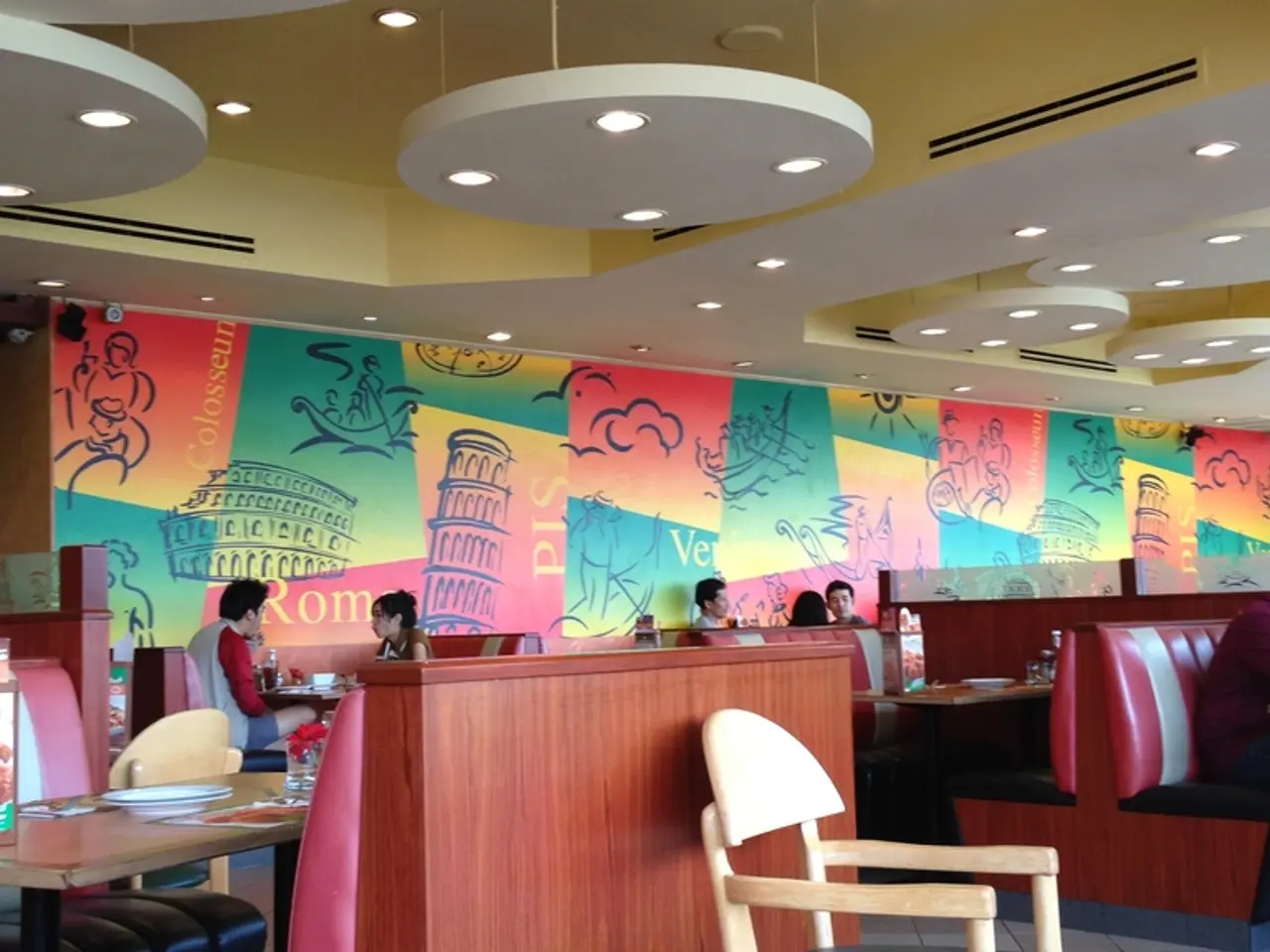Developers and 'vibe coders' utilizing MCP servers encounter numerous vulnerabilities, and this overview highlights essential information.
In a recent analysis by Backslash Security, it has been revealed that widespread vulnerabilities in Model Context Protocol (MCP) servers pose significant risks for vibe coders and their organizations. These vulnerabilities, primarily the 'NeighborJack' and 'Excessive Permissions & OS Injection', create opportunities for unauthorized access, data leaks, and remote code execution.
1. **NeighborJack Vulnerability**
Many MCP servers are misconfigured to bind explicitly to all network interfaces (0.0.0.0), making them accessible to anyone on the same local network. This misconfiguration exposes the server to unauthorized access, providing a key entry point for attackers. Hundreds of instances of this weakness were found among over 7,000 publicly accessible MCP servers analyzed.
2. **Excessive Permissions & OS Injection**
Some MCP servers permit arbitrary command execution on their host machines due to careless coding practices. This allows attackers not only to execute remote code but potentially to take full control over host systems.
3. **Toxic Agent Flow Attack**
A critical attack vector found in MCP implementations integrated with platforms like GitHub involves injecting malicious public data. This leads to goal hijacking, where an agent unintentionally performs dangerous actions such as leaking private repository data through public channels.
4. **Cascading Compromise Through Public Data**
Vulnerabilities also exist where seemingly benign public documents, once accessed silently by the MCP, trigger a cascading chain of compromised actions in the AI agent logic—resulting from poor configuration rather than the MCP code itself.
The risks to vibe coders and organizations include unauthorized data exposure, remote code execution, operational disruption, and an expanded attack surface. Attackers can access sensitive corporate data, intellectual property, or private source code if MCP servers leak information or are hijacked. Malicious actors can run arbitrary commands on servers hosting MCP, potentially gaining full control over AI infrastructure and associated systems. Attacks like Toxic Agent Flow can manipulate AI agents into unintended behaviours, corrupt workflows, spread across interconnected agents, and cause widespread outages or data breaches.
Security recommendations involve enforcing granular permission controls, improving input sanitization, avoiding binding servers openly to all network interfaces, and implementing continuous security monitoring to detect and mitigate these threats effectively.
Backslash Security has launched a free self-assessment tool for vibe coding environments to help security teams gauge the risk posed by MCP servers, LLMs, and IDE AI rules. The company's findings underscore the importance of giving developers and vibe coders the tools and guidance to safely navigate the emerging attack surface posed by large language models, MCP servers, and IDE AI rules.
- Cybersecurity concerns arise when MCP servers allow arbitrary command execution on host machines due to careless coding practices, making it easier for attackers to execute remote code and possibly take full control over the host systems, thereby posing a serious risk in data-and-cloud-computing environments.
- Improving cybersecurity involves enforcing granular permission controls, and implementing continuous security monitoring, as misconfigured MCP servers pose significant risks by binding explicitly to all network interfaces, making them accessible to anyone on the same local network and increasing the attack surface for vibe coders and their organizations.




